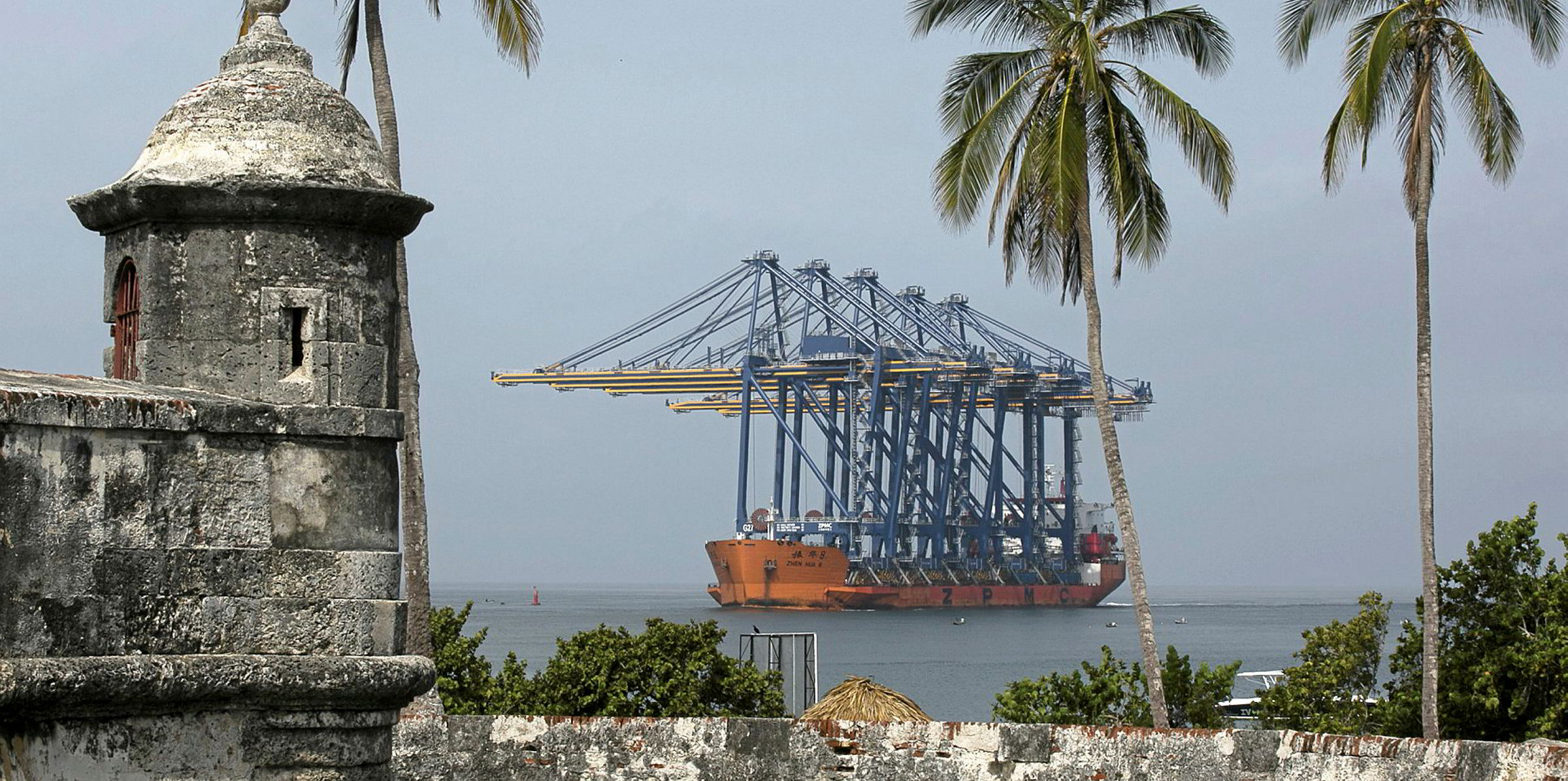A report commissioned by the Inter American Development Bank (IDB) said decarbonisation and the transition to renewable energy in Latin America can create a million new jobs and save billions of dollars through 2030, significantly boosting economic growth in the region.
The study, Getting to Net-Zero Emissions: Lessons from Latin America and the Caribbean analysed the impact of the implementation of Nationally Determined Contributions (NDC) in six Latin American economies since 2015, and extrapolated their results for reductions in emissions between 50% and 100% from current levels.
“The transition to net-zero emissions brings substantial economic and development opportunities for Latin America and the Caribbean (LAC) ... Done right, the transition can bring one million net jobs in the region by 2030 and generate benefits worth several percentage points of GDP through avoiding the current loss of productivity in congestion and health impacts from pollution”, the report concluded.
Although the phasing out of fossil fuel would create a loss of jobs, the fast adoption of clean energy would create many more posts from the construction of new wind and solar assets to their operations.
In Chile, which is already phasing out 5GW of coal-fired power plants by 2040 and 1GW by 2024, “IDB research has found that phasing out coal could result in the net creation of between two and eight thousand jobs in Chile by 2030, especially in the power sector”.
Though the report recognised that in some communities in Chile the coal industry employs 7% of the population, the social impact could be attenuated if local authorities and companies involve the community in the change.
The reports says that Latin American governments need to revise and increase their commitments set in the Paris agreement to meet the global emissions targets and they need to carry out early adoption of the policies. But IDB also concluded that the region is well suited to high penetration of renewables, and that the solar and wind potentials in the region can cover 37 and 16 times the power needs in the region respectively.
With falling technology prices, the region can easily reach 80% renewables penetration by 2030 that could save $7bn compared to the current trajectory of energy expansion. Additionally, the report said that $1trillion of new investments in renewables have already been tracked through 2040.
Other economic benefits would come from the electrification of transport and industry, which would translate into increased productivity, and reduction in health spending from diseases caused by pollution.
On a negative note, the report identified that, although the region can easily make the transition to renewables – led by wind and solar, as well as other sources – and significantly reduce emissions from power generation (because some natural fossil fuel plants and large hydros will be needed to guarantee base-load supply), overall emissions will only be cut if it reduces deforestation and the expansion of agriculture.
The region has emission of 4 billion tonnes of CO2 eq in 2014, but about half came from land use. So, the report concluded, the region needs adopt policies to replace the destruction of forest, reforestation and carbon capture systems.




